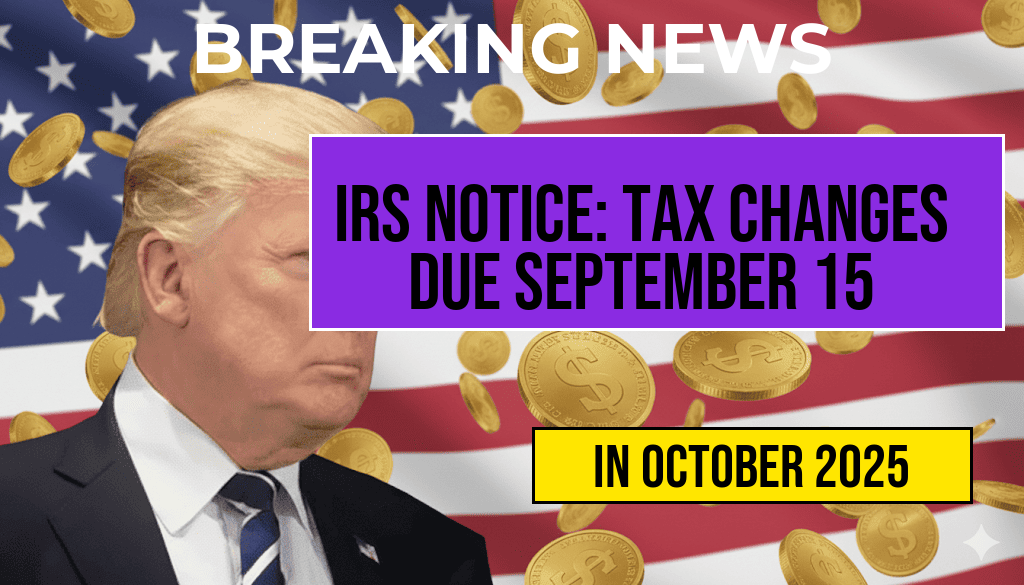As the cost of living continues to rise, many veterans find themselves navigating financial hardships, particularly those earning less than $25,000 annually. For these individuals, accessing veteran benefits can provide crucial support. Recent data reveals that the average payout for veterans in similar financial situations is approximately $25,046, highlighting the potential impact of these benefits. Understanding the appeal process for veteran benefits is essential for those struggling financially. This article outlines the steps veterans can take to successfully appeal for benefits, the types of assistance available, and important resources to consider in this challenging journey.
Understanding Veteran Benefits
Veteran benefits encompass a wide range of programs designed to assist those who have served in the military. These benefits can include healthcare, disability compensation, educational assistance, and housing support. For veterans earning less than $25,000, tapping into these resources can alleviate financial strain and improve quality of life.
Eligibility Criteria for Appeals
To qualify for veteran benefits, individuals must meet specific eligibility criteria set forth by the U.S. Department of Veterans Affairs (VA). Generally, veterans must have served in active duty and received an honorable discharge. Additionally, financial need is often assessed through income thresholds, with those earning below $25,000 being prioritized for certain programs.
Types of Benefits Available
- Disability Compensation: Financial assistance for veterans with service-connected disabilities.
- Pension Benefits: Monthly payments for low-income veterans or their survivors.
- Educational Assistance: Programs like the GI Bill can help veterans pursue higher education.
- Healthcare Services: Access to VA medical facilities and various health programs.
Steps to Appeal for Benefits
The appeal process can be daunting, but following these steps can help veterans navigate it more effectively:
1. Gather Necessary Documentation
Before beginning the appeal process, veterans should collect all relevant documents. This includes:
- Discharge papers (DD Form 214)
- Medical records
- Financial statements
- Previous benefit applications and decisions
2. Review the Initial Decision
Understanding the reasons for the initial denial of benefits is crucial. Veterans should carefully review the decision letter from the VA, which will outline the grounds for denial. Common reasons may include lack of evidence or failure to meet eligibility criteria.
3. File a Notice of Disagreement (NOD)
If a veteran disagrees with the VA’s decision, they can file a Notice of Disagreement. This must be submitted within one year of the decision date. The NOD will initiate the appeal process and prompt a review of the case.
4. Submit Additional Evidence
Veterans should take this opportunity to submit any additional evidence that supports their claim. This can include new medical evaluations, financial documents, or expert opinions. The more comprehensive the evidence, the stronger the appeal.
5. Attend the Hearing
In some cases, veterans may be required to attend a hearing where they can present their case before a judge. This is an opportunity to convey personal experiences and the impact of financial hardship.
Resources for Support
Several organizations and websites offer guidance and support to veterans navigating the appeal process:
Conclusion
Appealing for veteran benefits can be a complex and often overwhelming process, especially for those earning less than $25,000. However, understanding the steps involved and utilizing available resources can significantly impact the likelihood of a successful appeal. Veterans should not hesitate to seek assistance from veteran service organizations or legal advocates to ensure their voices are heard and their needs are addressed.
Frequently Asked Questions
What are the eligibility requirements for appealing for vet benefits if I earn less than $25,000?
To be eligible for appealing for vet benefits with an income below $25,000, you must provide documentation of your income, demonstrate your military service, and show that your financial situation qualifies you for additional assistance.
How do I start the appeal process for veteran benefits?
The appeal process for veteran benefits begins by filling out the appropriate forms. You may need to submit a Notice of Disagreement (NOD) along with supporting documentation to the Department of Veterans Affairs (VA).
What are the average payouts for veterans earning slightly above $25,000?
The average payouts for veterans earning just above $25,000 is approximately $25,046, which can vary based on individual circumstances and additional factors like dependents or disability ratings.
Can I appeal if I have already been denied veteran benefits?
Yes, you can appeal if you have previously been denied veteran benefits. It is important to review the reasons for denial and provide new evidence or clarify existing information in your appeal.
What resources are available to help me with my vet benefits appeal?
There are several resources available for assistance, including veteran service organizations (VSOs), legal aid services, and the VA’s own resources, which can provide guidance on navigating the appeal process for vet benefits.







